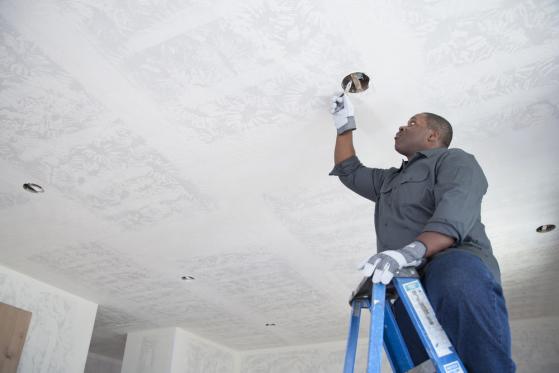Engineer your Finances - Your home might be beautiful and a good buy, but now that you’re living in it, you’ve discovered that expenses are quite a lot. In this article, you can learn ways your finances might be slipping because of your home.
1. Poor Insulation According to some research, it’s said that estimated homeowners will spend around 1% to 4% of a home’s value each year spent on maintenance and repairs. Repairs and maintenance are likely to increase as the house ages. For example, a $200,000 home would, at the very least, have around $2,000 in repairs each year.
Ensure that your home is insulated properly. Poor or worn insulation can cause air loss and ineffective ventilation where warm and cold air is lost at the worst times. For example, the warm air escapes because of poor ventilation in winter, and in summer, hot air comes in even while the ceiling fan or cooling system is activated. As a result, you end up using more of your HVAC system to regulate the faltering temperature, raising the electricity bill.
While on the subject of poor insulation, when the windows are not properly insulated or become damaged due to wear and tear and weathering, the chances of insulation issues and needing to heat up the space are inevitable.
2. Old Electrical Systems Poor electrical work done on the property can cause many problems, including excessive use of energy. It’s also good to unplug any unused electronics because they continue to use energy if they are still plugged into a power source, even when they are turned off. Try upgrading your electronics to Energy Star-certified items to help you reduce the use of power in your home. You can also use solar-powered items as well. According to CNBC, items powered 100% from solar energy don’t require on-site electricity.
3. Shade-Unfriendly Landscaping Less shade around your home means hotter summer days and more use of your cooling systems. According to HomeLight, a house with landscaping will typically sell for 1% to 10% more than a home without any landscaping. Trees and shrubs that are strategically planted help to cool your home since it blocks and reduces how much direct sunlight hits your property. Investing in a well-shaded garden can help you start saving on energy use in summer where cooling systems are concerned.
4. Problems With Plumbing Plumbing issues, like leaking faucets, can end up losing a lot more water than you may inspect. The water calculation by the American Water Works Association suggests that even 30 drips per minute equate to a loss of nearly five gallons of water every day it drips, and per month, that’s about 130 gallons. This is just one leaking faucet; if there are more, that total increases, as does your water bill.
5. Long Hot Baths and Showers Some folks enjoy scorching baths and showers. Some even keep adding more hot water as soon as the bath starts getting lukewarm. The boiler takes a lot of power to heat up and keep the water running hot, and this will munch on your electricity bill, which is probably high as a result
Furthermore, pests may also be causing damage to the home, which requires you to do more restoration than you would have needed had there been no pests. Now that you know what aspects of your home are causing the finances to drain as quickly as they do, you can take steps to start fixing these issues. With all problems sorted, you may likely see a change in expenditure based on utilities and other home features.
The post 5 Ways Your House May Be Draining Your Bank Account appeared first on Engineer Your Finances.
This article was originally published on Engineer your Finances
